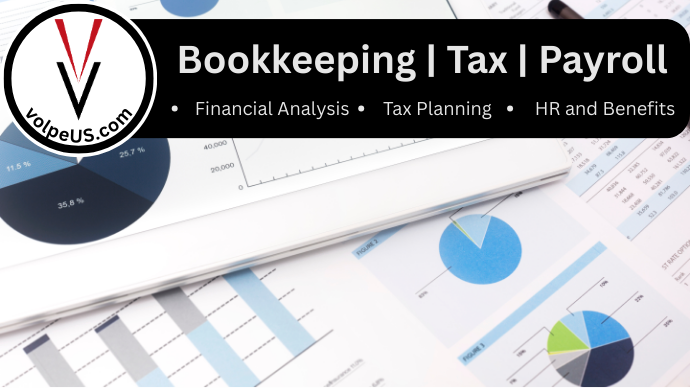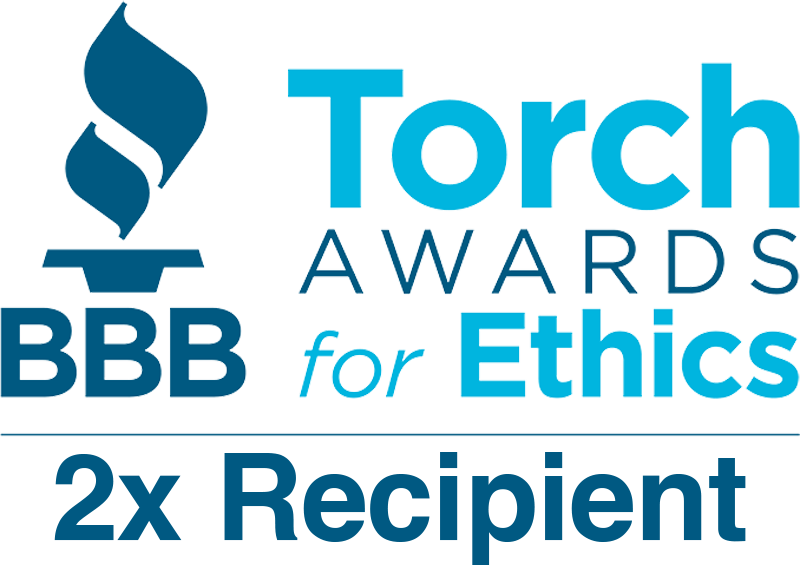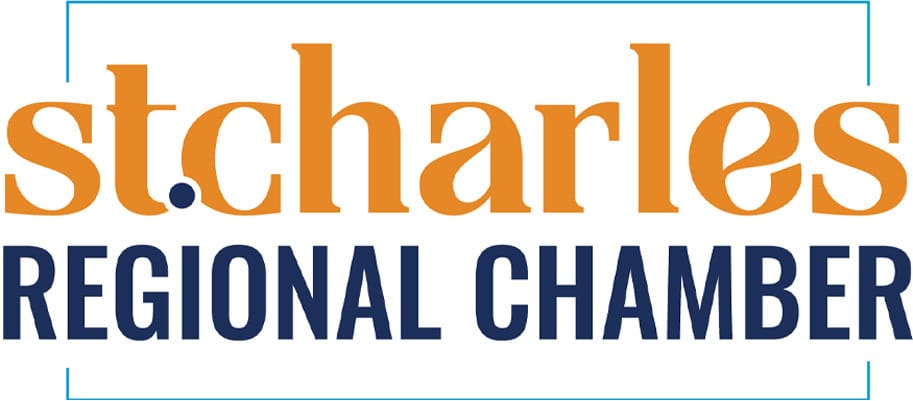Jump to a Specific Section
The Death of H.R. 7024 and What it Means for the ERC
On August 1, 2024, the Senate voted to end the filibuster on H.R. 7024, the Tax Relief for American Families and Workers Act of 2024—and it failed. The cloture motion needed 60 votes to end the filibuster and proceed to a vote on the actual bill. The cloture vote was 48 Yea and 44 Nay. Unless 12 more senators join the Yea’s, this means that the filibuster remains, and the bill is still up for irreconcilable debate. In all likelihood, H.R. 7024 will remain in limbo indefinitely.
H.R. 7024 is all but dead. Why do we care?
The Tax Relief for American Families and Workers Act of 2024 is a mixed bag of policies with some intended to provide tax relief to families and businesses, and others changing deadlines and requirements by amending several key areas of the U.S. tax code.
This article provides a comparison between the current tax policies and the proposed changes under H.R. 7024. It is important to note that these proposed changes are not currently in effect, as the bill did not pass the Senate. Therefore, the existing policies remain in place.
1. Employee Retention Tax Credit (ERTC)
Background:
The ERTC provides a refundable tax credit for businesses that retained employees during the COVID-19 pandemic.
Proposed Change:
H.R. 7024 would accelerate the deadline for filing backdated COVID-related ERTC claims to January 31, 2024, in addition to other modifications to the credit.
Current Policy:
Although the deadline for 2020 claims is long gone, employers have until April 15, 2025, to file Form 941-X and claim the ERTC for any eligible quarter in 2021.
2. Child Tax Credit
Background:
The child tax credit is designed to provide financial relief to families with dependent children.
Proposed Change:
Increase the maximum credit amount and reduce the phase-out thresholds, making more families eligible for higher credits.
Current Policy:
Up to $2,000 per qualifying child under 17, with up to $1,400 refundable.
H.R. 7024 proposed several changes to the tax code, leaving businesses and individuals wondering how their 2023 and 2024 taxes might be affected.

3. Bonus Depreciation (Section 168(k))
Background:
Bonus depreciation allows businesses to deduct a significant portion of the cost of qualifying property in the year it is placed in service, rather than depreciating the asset over its useful life.
Proposed Change:
Extend 100% bonus depreciation for qualified property placed in service before January 1, 2026.
Current Policy:
100% bonus depreciation for qualified property placed in service before January 1, 2023, with phased reductions thereafter.
4. Forms 1099-NEC and 1099-MISC Reporting Relief
Background:
Forms 1099-NEC and 1099-MISC are used for reporting non-employee compensation and miscellaneous income, respectively.
Proposed Change:
Simplify reporting requirements and extend filing deadlines.
Current Policy:
Strict deadlines and penalties for non-compliance with reporting requirements.
5. EBITDA-Based Interest Limitation (Section 163(j))
Background:
Section 163(j) limits the amount of business interest expense that can be deducted, which helps prevent excessive interest deductions and potential tax base erosion.
Proposed Change:
Modifications to make the limitation more favorable to businesses, though specific details were not provided.
Current Policy:
Deduction limited to 30% of adjusted taxable income (EBITDA).
6. Section 174 Expensing
Background:
Section 174 pertains to the treatment of research and experimental (R&E) expenditures, allowing businesses to deduct certain R&E costs.
Proposed Change:
Immediate expensing of domestic R&E costs incurred between January 1, 2022, and January 1, 2026. Foreign R&E costs would still require 15-year amortization.
Current Policy:
Businesses must amortize R&E costs over five years for domestic research and 15 years for foreign research.
7. Section 179 Expensing
Background:
Section 179 allows businesses to deduct the full purchase price of qualifying equipment and software purchased or financed during the tax year.
Proposed Change:
Increase expensing limits, allowing more businesses to immediately deduct the cost of qualifying property.
Current Policy:
Businesses can expense up to $1 million, with a phase-out threshold of $2.5 million.
8. Low-Income Housing Tax Credit
Background:
The Low-Income Housing Tax Credit (LIHTC) incentivizes the development of affordable housing.
Proposed Change:
Expand the LIHTC, increasing allocations and easing qualification requirements.
Current Policy:
Provides tax credits for the development of affordable rental housing for low-income tenants.
9. Disaster Tax Relief
Background:
Tax relief provisions for natural disasters help affected individuals and businesses recover by providing various forms of tax relief.
Proposed Change:
Provide consistent and expanded tax relief, including casualty loss deductions and tax credits.
Current Policy:
Enacted on an ad-hoc basis, varying with each disaster.
10. Taiwan Double Taxation Relief
Background:
Double taxation occurs when the same income is taxed by two different jurisdictions.
Proposed Change:
Provide relief from double taxation for income earned in Taiwan.
Current Policy:
U.S. income earned in Taiwan is subject to double taxation, with limited relief through foreign tax credits.
To Reiterate: H.R. 7024 Did Not Pass
While H.R. 7024 proposed significant changes to the tax code with varying effects, it is crucial to understand that these changes are not currently in effect. The bill has faced procedural hurdles in the Senate, and its future remains uncertain. Therefore, the current policies remain in place.
Contact Volpe Consulting and Accounting Services with any questions you have about any of these tax policies, especially the ones with deadline changes such as the ERC, or those that affect how certain assets can be depreciated on your tax return.
References to H.R. 7024














